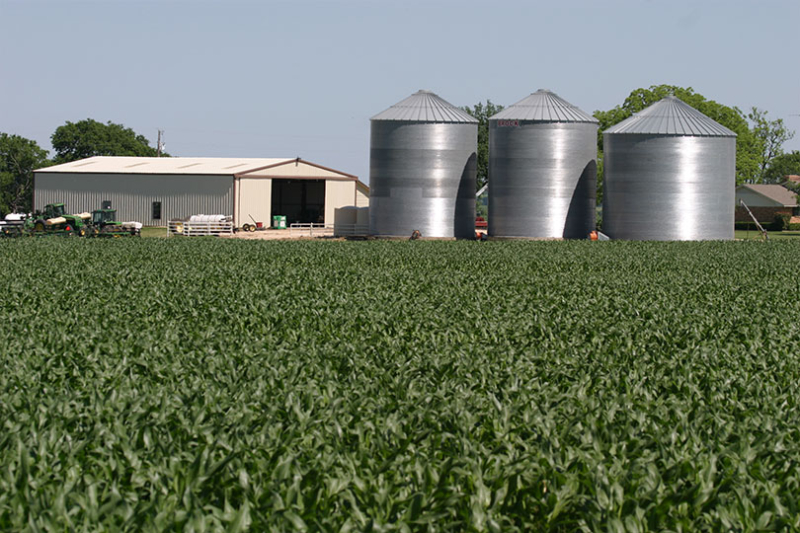By Julie Tomascik
Editor
The U.S. Securities and Exchange Commission (SEC) voted last week to finalize a climate-disclosure rule without the Scope 3 reporting requirements, which would have required public companies to report the greenhouse gas emissions of their supply chain.
The final rule is a victory for farmers and ranchers who spoke out against the “Enhancement and Standardization of Climate Related Disclosures for Investors” rule.
“The proposed rule was an example of overreach by the SEC,” Texas Farm Bureau (TFB) President Russell Boening said. “Farmers and ranchers are heavily regulated by agencies at the federal, state and local levels. The new reporting requirements under the proposed rule would have made an already complicated patchwork of regulations even more cumbersome.”
TFB issued a Voter Voice action alert on the proposed SEC rule in June 2022, and the American Farm Bureau Federation (AFBF) issued an Action Alert on the proposed rule in February 2023.
More than 20,000 comments from Farm Bureau members were submitted to the SEC outlining their concerns.
“Farmers are committed to protecting the natural resources they’ve been entrusted with, and they continue to advance climate-smart agriculture, but they cannot afford to hire compliance officers just to handle SEC reporting requirements. This is especially true for small farms that would have likely been squeezed out of the supply chain,” American Farm Bureau Federation (AFBF) President Zippy Duvall said.
The rule includes only Scope 1 and Scope 2 emissions, which are those that the company produces itself and those associated with its energy consumption.
When the rule was first proposed two years ago, numerous agricultural groups expressed concerns with the Scope 3 reporting and the impact it would have on personal and business-related information required from farmers and ranchers.
Nearly all raw product that enters the food supply chain comes from farmers and ranchers. The burdensome and expensive reporting could have disqualified family farms from doing business with public companies, putting those farms at risk of going out of business, AFBF said.
Farm Bureau members, including those from Texas, sent messages to the SEC and Capitol Hill, sharing their perspectives on how Scope 3 reporting would affect their farms.
“Over the past two years, our members have made their voices heard on this issue and several lawmakers and leaders really stepped up. We thank all those who stood with farmers, including Sens. Jon Tester, Tammy Baldwin and Kyrsten Sinema, as well as Agriculture Secretary Tom Vilsack, all of whom listened to the concerns of America’s farm families and recognized the impact Scope 3 would have had on rural America,” Duvall said.
California, however, recently passed a rule that would also require disclosure of Scope 3 for any companies to do business in the state. AFBF, along with the U.S. Chamber of Commerce and others, recently challenged that state law and its national ramifications.


Leave A Comment